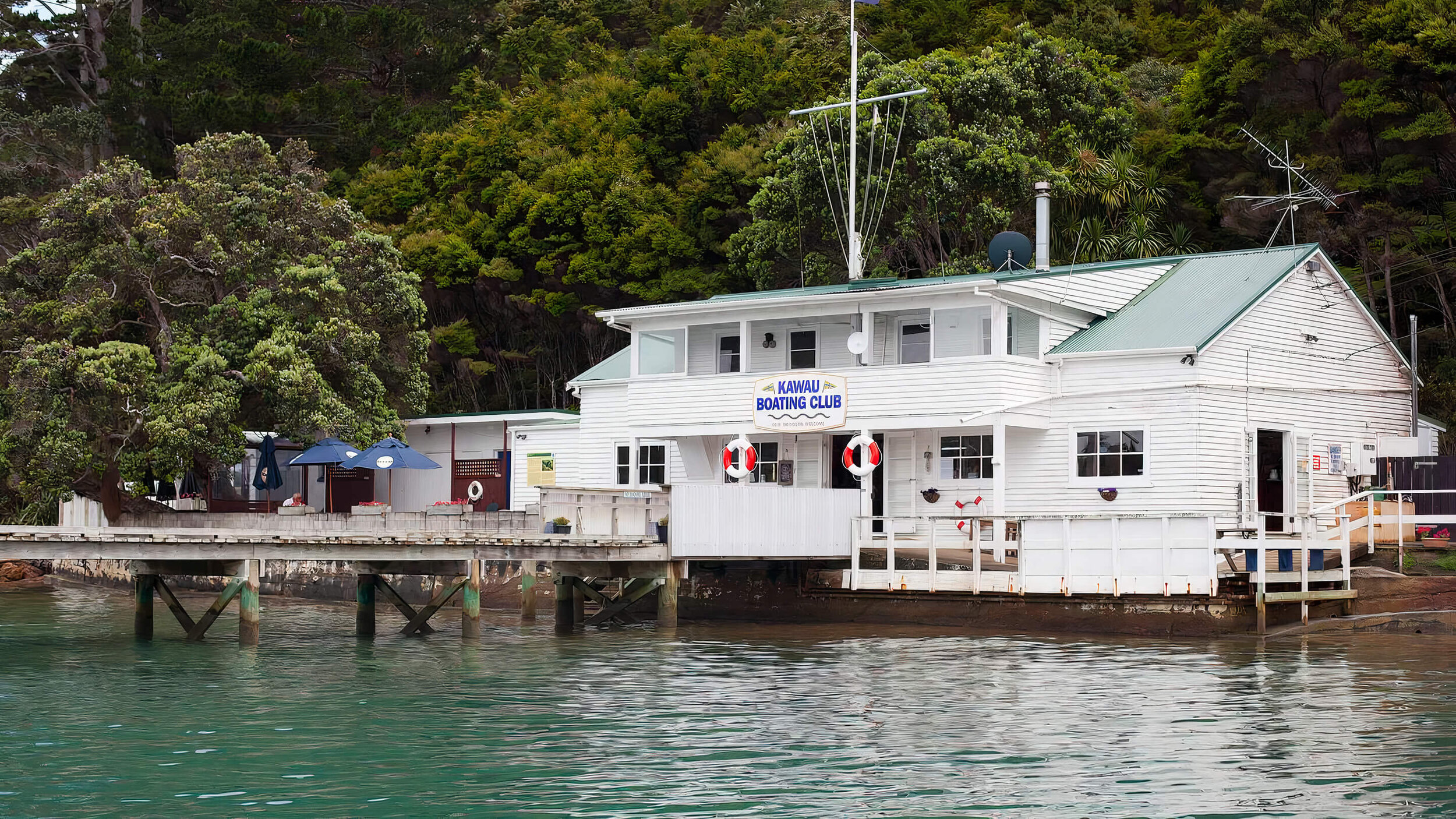5 Top Tips on Selling a Boat
Remember the excitement of spending the first night as a liveaboard? The water lapping at the hull, stars visible through the hatch and the prospect of a lifetime of freedom, mobility and variety. This is not one of those stories.
Imagine instead returning reluctantly each evening to a boat that you no longer want.
A change of circumstances means you need to cash in some of your investments, sell your boat which has been your home of the last few years and get back at least some of what you paid for it. But there’s a problem. The hull leaks, the air is dank and the engine temperamental, but to haul out and repair all the quirks you’ve been putting up with for years would now cost thousands. But without making those repairs, you will struggle to find a buyer, and you literally can’t give your boat away.
Thankfully, the boat market is sufficiently healthy that this kind of scenario is rare.
City of Sail Marine Brokers are known for taking on the more “boutique” of boats to be sold. “We think there is a buyer somewhere out there for every boat, no matter how strange or unique”.
However, much of the trading takes place at the top end of the market with the 45 to 55 footers. So what of the more battered boats in the under $50,000 bracket?
You would think these cheaper boats would sell themselves. Not so. Boats in this price range are typically around 30ft and old. Although brokers will take them on to their lists, the profit margin is so low that few tend to be sold this way.
“A lot of boats in that price range tend to be sold by their owners,” confirms Harkness of City of Sails Marine. Which means more legwork on the seller’s part.
Steve (name changed) is one such liveaboard owner who can attest to three years of legwork, trying to sell his 43′ trimaran.
“I bought the boat in 1992. I had an arrangement with the owner so I didn’t have to make a deposit and I simply paid it off over the years. I was looking for a cheaper place to live, so in a way I’ve made the money back over the years in rent. In total, I paid $20,000.” So far, so good. While not suited to longer passage making, the 1970s, French-built trimaran was nevertheless what many cruisers are looking for – rent free, relatively comfortable and adaptable. Yet there were soon problems.
“I didn’t have money to work on the boat,” says Steve, “but did what I could do to maintain it.” Eventually, he was able to rebuild the interior, purchase sails and enlarge the cockpit. Fine for a bolthole, but when the opportunity came to start his own business, a boat wasn’t what Steve wanted. “I can’t get a computer on the boat, so I wanted to live on shore again and sell it to start the business.”
At $15,000, the price was not exorbitant, but by then the trimaran was in Christchurch, where, according to Steve: “there are not a lot of yachties and those who are there want a nice boat, not one to live on.” He tried brokerages, but “found that they were not really interested.” That left selling it himself. City of Sails Marine, broker Jan Marler had some tips on how to shift this kind of boat:
“At least empty all your stuff out of it,” she stresses. “The biggest thing people don’t do with the lower end of boats is preparation.” After that, “the most important things are the rigging – if it’s towards the end of its 10-year life then you’re better off doing that. Then even simple things like the brightwork looking nice. It doesn’t matter how good your systems are if the boat doesn’t look well-maintained at first sight.” Talking of systems and accessories, “for the cruising market, people are looking for the solar panels, the watermaker and the wind generator, so the extras are important. But you can’t expect to get back what you paid for them,” underlines Marler.
Tips on selling your boat yourself
- Put your boat on sale at the start of the season, if you can
- Get rid of any extras you’ve added that don’t increase the value. Buyer’s want to visualize their plans, not your DIY.
- Get all the papers together into a seller’s pack, which should include a bill of sale, detailed service history, inventory of all equipment and fittings, receipts.
- Set a price. There are many websites aimed at private sales that will give you a fair valuation based on the information you supply. Get your boat valued by a broker. City of Sails Marine offers a free appraisal service, and a “no payment til shes sold” incentive should you opt to list with them.
- Spread the word – use free listings opportunities online or print publications such as community websites like Neighbourly, bulletin boards, yacht clubs and bars. And of course social media!





















Sign up for our newsletter here